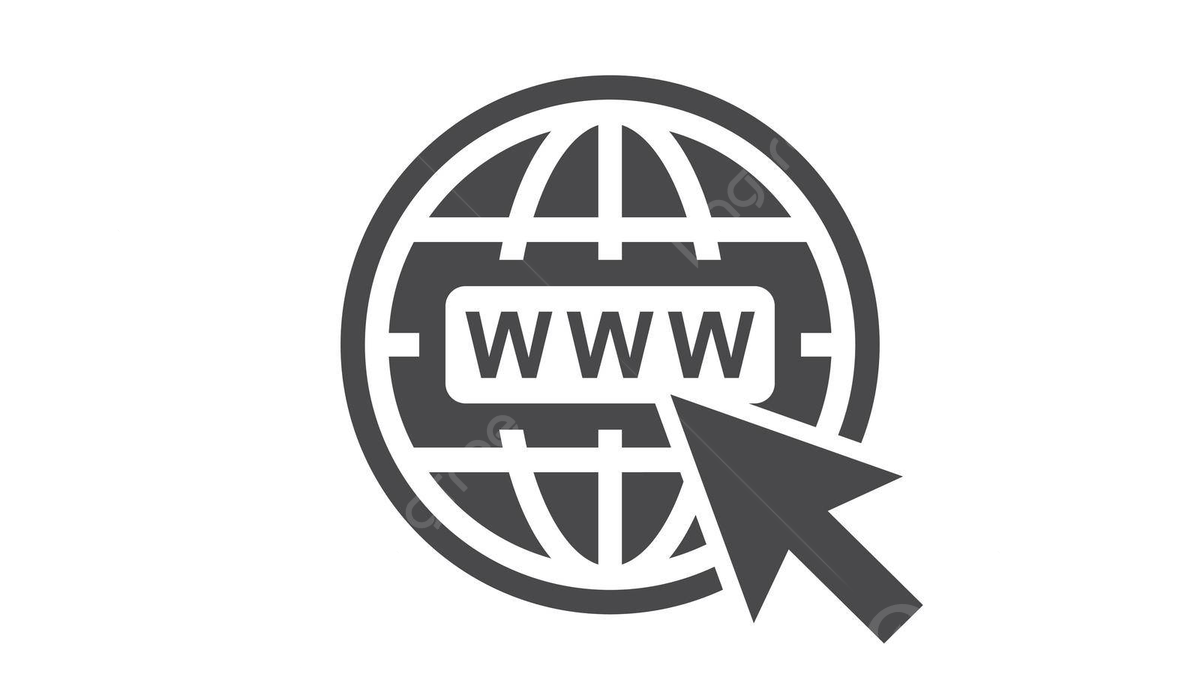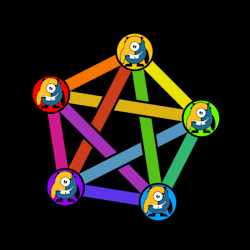- 20 Posts
- 75 Comments
I don’t understand academia (and I kind of hate it)… Why would you minimize your knowledge to this, and at the same time being super rigid about methodology?
Highest I’ve seeded before stopping was 2000x, on about 30 or so titles. And everything from my home connection lol
I never though about it, but it might be interesting! I’m definitely into Halloumi
Mah ho provato solo recentemente, quindi non so fare un paragone. Confermate che anche voi non riuscite?

 1·6 months ago
1·6 months agoGuarda, quando trovo istanze come peertube.it, sono felice che nessuno si caghi il fediverso… Fatevi un giro lì e capirete

 6·6 months ago
6·6 months agoPremessa: mi impegno ormai da più di due anni a promuovere il fediverso.
Secondo me, nell’usare un social piuttosto che un altro c’è un importante tema di convenienza, di usabilità e di network effect. E il tema “fediverso” è complicatissimo ad vendere ad una persona che non ne sa nulla. La community sta facendo dei passi in avanti, ma è davvero ancora complicato. Ad esempio, concetti come decentralizzazione, client vs server sono difficili da far capire ad un neofita. Pensa addirittura al fatto che esistono cose come Elk o Phanpy! Come spiego ad una persona qualunque che deve scegliersi un server, o che se non gli piace un’app ne può usare un’altra? Come spiego che threads di Meta tecnicamente è Fediverso?
E poi c’è il tema di efficacia politica. La verità è che non siamo tanti: fare politica significa comunicare e parlare ad una stanza vuota non è molto efficace.
Serve portare un po’ più di massa critica, lavorare sull’adozione, sui modelli operativi di ciascuna di queste realtà, migliorare la UX. Così si attraggono persone. Se non trovo roba che mi interessa o è troppo complicata da usare, dopo una settimana la cancello come app.
Sul tema UX: https://www.timothychambers.net/2025/06/18/113327.
https://www.timothychambers.net/2025/06/24/the-seven-deadly-fediverse-ux.html
 Alright, 12 hours later kept in the fridge and this is how it looks like 😅 I’m tossing this smelly curd of spoiled milk
Alright, 12 hours later kept in the fridge and this is how it looks like 😅 I’m tossing this smelly curd of spoiled milk
Thsnk you for your reply! I 100% agree. I’m getting to the conclusion those lumps are just some degraded milk proteins and that it won’t become drinkable any time soon lol BUT let’s see what happens, thank you!
A proposito di cazzeggio, perché non riesco a vedere questa istanza Mbin da Feddit? ferment.site
I’m not happy to have read the procedure of that
They look yellow and not very mucus-y. Should I just leave them there and wait for it to evolve? If so, how would I know if this is going to kill me? lol
I mean I’ve been eating homemade raib(bought on the streets) for quite a while now and totally fixed my gut. The texture is completely different, very very creamy. This other thing here looks just like milk but with these yellow things floating…

 4·6 months ago
4·6 months agoThank you for sharing your blog post and the link to the article on Medium. I 100% agree with you when you say that “the mission of taking away power from Big Tech is more important than purity testing on social media, so any person who drops Google in favor of Proton (or Tuta, etc.) is a political win”.

 1·6 months ago
1·6 months agoHey thanks for the comment. Might you explain a little bit more? I’m just curious to learn more

 5·6 months ago
5·6 months agoWhat about the fact that basically ALL entire planet goes through either Cloudflare or Akamai’s infrastructure? I wonder if it is even possible to not use those, even unwillingly

 1·6 months ago
1·6 months agoThat’s bad news. Can you share the original tweet? Thanks
Like which providers?

 1·7 months ago
1·7 months agoYep! Thank you for sharing, I’ll look further into it!
















Might you please share more info? Thanks